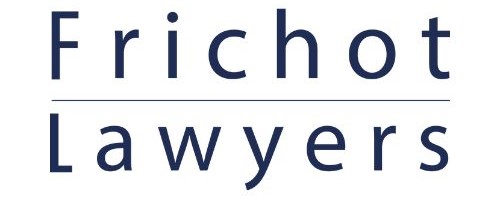On 7 April 2020, the National Cabinet released a Commercial Leasing Code of Conduct (Code). The purpose of the Code is to impose a set of good faith leasing principles for application to commercial tenancies (including retail, office, and industrial) between landlords and tenants. The Code applies to tenancies where the tenant has an annual turnover of up to $50 million and is suffering financial stress or hardship as a result of the COVID-19 pandemic. Whether a tenant is suffering ‘financial stress or hardship’ is determined by their eligibility for the Commonwealth Government’s JobKeeper programme.
The Code includes the following key principles (among others):
- landlords cannot terminate leases due to non-payment of rent by the tenant during the COVID-19 pandemic period and/or a reasonable subsequent recovery period;
- landlords cannot draw upon bonds, bank guarantees, or personal guarantees due to non-payment of rent by tenantsduring the COVID-19 pandemic period and/or a reasonable subsequent recovery period;
- tenants must continue to comply with the terms of their leases, subject to any variations agreed with landlords;
- landlords must offer tenants reductions in rent payable in the form of waivers and deferrals of up to 100% of the amount ordinarily payable, in proportion to the reduction in the tenant’s turnover during the COVID-19 pandemic period and a reasonable subsequent recovery period;
- waivers of rent (as opposed to deferrals) must constitute at least 50% of the total reduction in rent provided to the tenant, and should constitute a greater
- proportion of the total reduction in rent payable in cases where failure to do so would compromise the tenant’s capacity to fulfil their ongoing obligations under the lease, balanced against the landlord’s financial ability to provide such additional waivers;
- payment of deferred rent by the tenant must be amortised over the balance of the lease term, or for a period of at least 2 years, whichever is the greater, unless otherwise agreed between the landlord and tenant, and no interest may be charged;
- and rents cannot be increased during the COVID-19 pandemic period and a reasonable subsequent recovery period, except for retail leases based on turnover rent.
The Code will be given effect through legislation or regulations to be introduced in each state or territory. This has not yet occurred in Western Australia, however it is intended that such legislation or regulations will embody the above key principles.
A copy of the Code is available from Australia.gov.au.
This article provides general information about the Code. We recommend seeking professional legal advice from our experienced leasing team in regard to your specific circumstances.
For further information, or to discuss:
- how we may be able to assist you to negotiate with your landlord or tenant; or
- preparation of a variation of lease,
please do not hesitate to contact us on 9335 9877 or [email protected] to arrange an appointment with one of our lawyers.
Please note that due to social distancing measures imposed due to the COVID-19 pandemic, all appointments will be by voice or video call.




